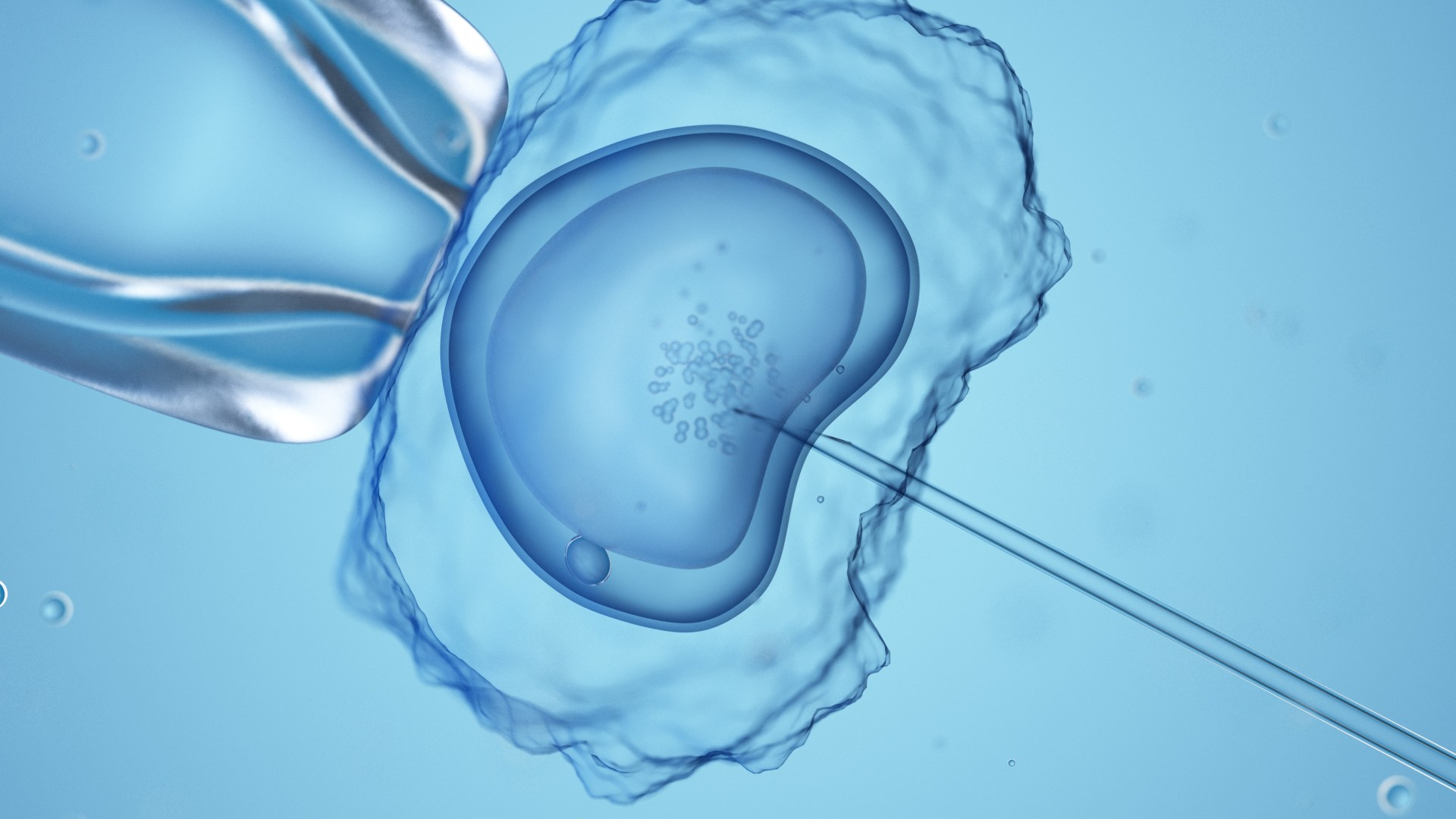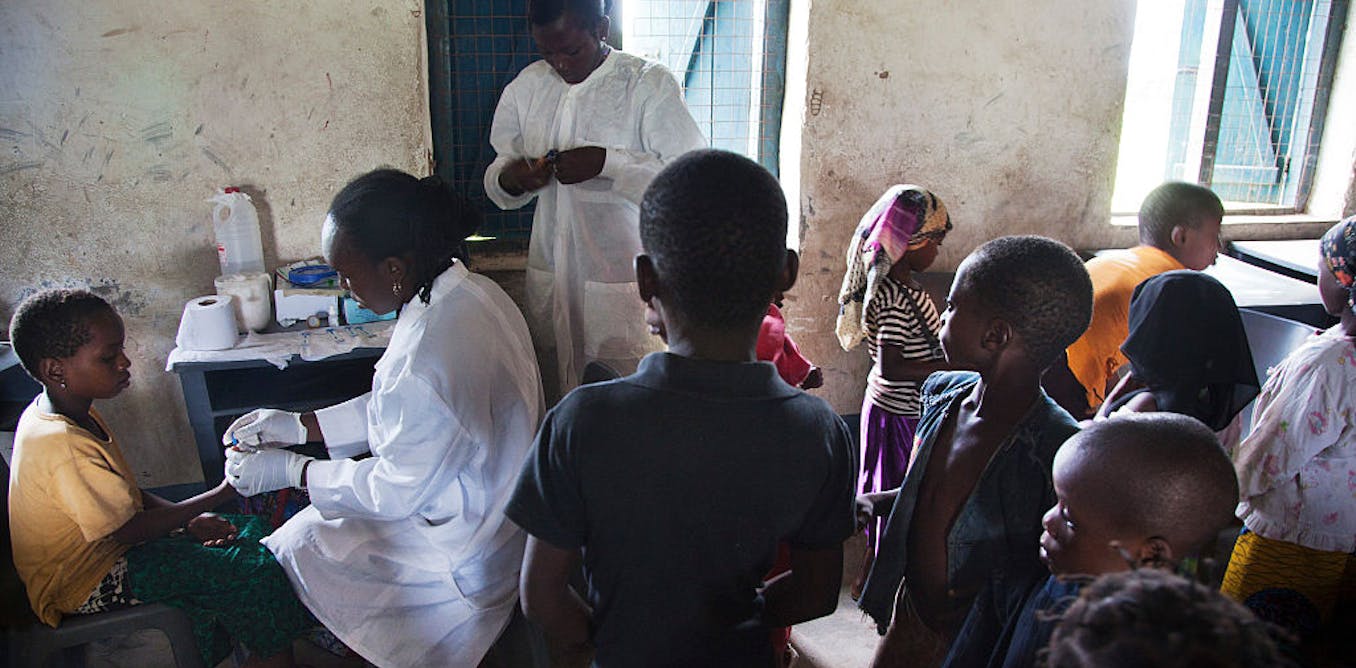INFLATION has hit the price of sperm, with fertility clinics increasing donor payouts for the first time in more than a decade.
Shoppers are feeling the pinch at the tills, with a loaf of bread or pint of milk worth 20p more than in 2011.
1
And now the falling value of the pound has raised the price of human specimens.
The Human Fertilisation and Embryology Authority said sperm donors will be able to claim an extra £10 for a clinic visit – taking the total to £45.
Women who donate eggs will qualify for up to £985, compared to £750 in 2011.
It is illegal to pay for sperm or eggs in Britain so the money is the maximum available as compensation for a donor’s time and travel.
Read more on sperm donors
The HFEA said financial inflation and a supply shortage are behind its decision to increase payouts.
The new rates aim to recognise that costs have increased
Clare Ettinghausen
The figures actually fall short of matching inflation – with £35 in 2011 equal to £50 now, and £750 worth £1,078.
Clare Ettinghausen, director of strategy at the HFEA, said: “A rise in inflation means that donor compensation rates no longer reflect the intended compensation for time and expenses when the rates were originally set.
“The new rates aim to recognise that costs have increased since 2011.
“Moving forwards, donor compensation rates will be reviewed every five years or after a 10 per cent increase in inflation, whichever occurs sooner.”
Egg donation more difficult
She added that prices are kept low because it is important donations are made from the goodness of people’s hearts and not to make a quick buck.
Women are paid more because they have to take hormonal drugs and have their eggs removed with a needle, making it more uncomfortable and riskier than sperm donation.
Babies born from donor sperm or eggs now have a legal right to know who their biological parent is when they turn 18.
Approximately one in every 170 children born in the UK each year is conceived with donated egg or sperm.
SPERM AND EGG DONATION RULES
DONATED sperm and eggs are used in IVF for people who cannot have their own biological children due to fertility issues.
The Human Fertilisation and Embryology Authority estimates one in every 170 children born today is conceived with the help of a donor.
It is illegal for donors to be paid in the UK, to prevent people doing it for the wrong reasons or prospective parents from being exploited.
Men aged 18 to 46 can donate sperm
- They must go through medical checks to make sure they do not have blood-borne diseases or genetic defects that could be passed on to a baby.
- You cannot donate anonymously. If a child is born using your sperm, they will have the right to know who you are when they turn 18, but you do not have a legal responsibility to look after them.
Women aged 18 to 35 can donate their eggs
- They must go through medical screening for illnesses, genetic problems, and some clinics will not allow obese or otherwise unhealthy women to donate.
- You can donate eggs to someone you know but there are strict rules against mixing sperm and eggs within families.
- Egg donation is the same as the early stages of IVF treatment, and the donor has to take hormonal drugs to stimulate the production and maturation of the eggs before they are removed using a needle.
- You cannot donate anonymously. If a child is born using your egg, they will have the right to know who you are when they turn 18, but you do not have a legal responsibility to look after them.




